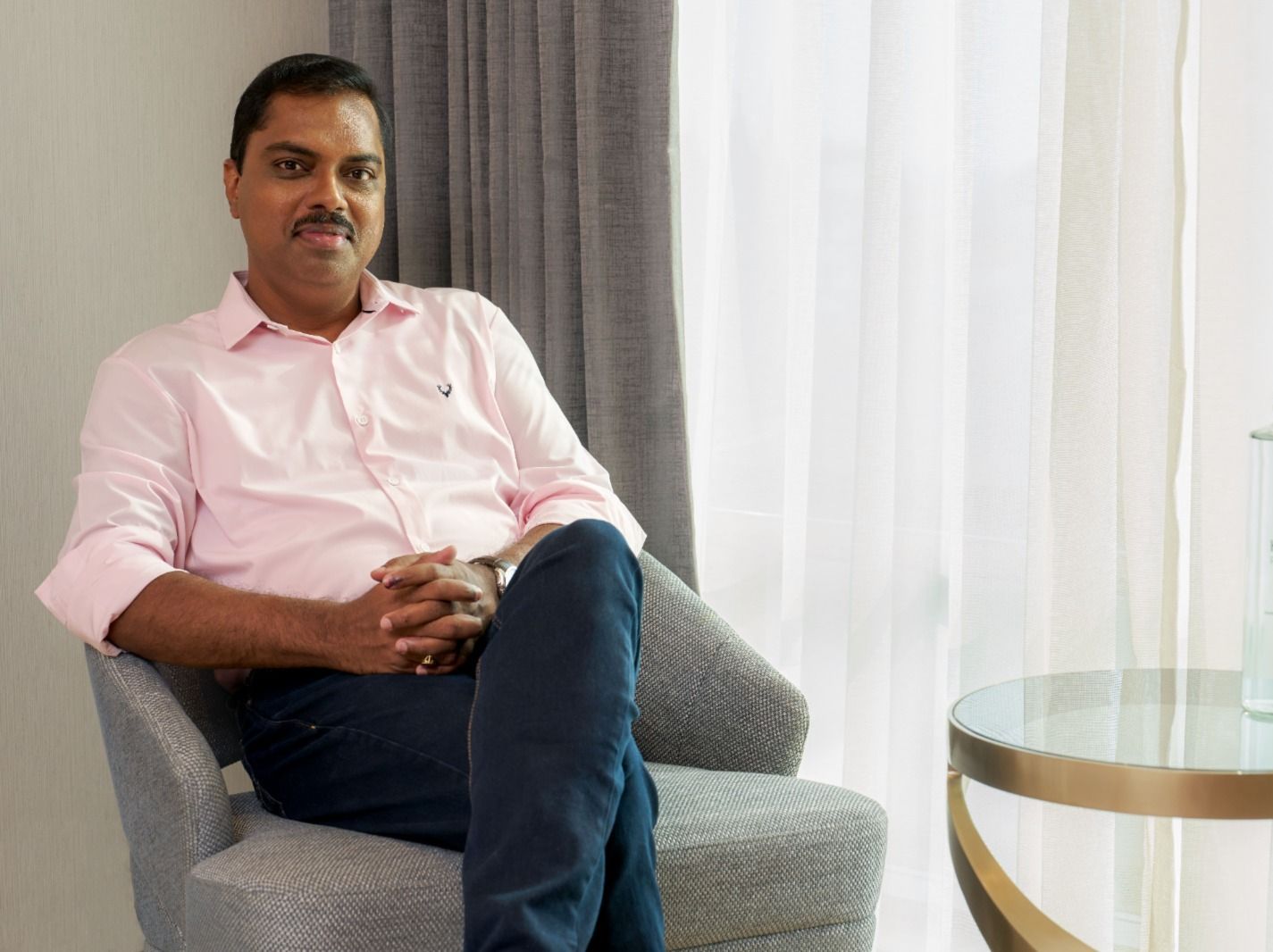
There comes a moment in every founder’s journey when growth does not just test your business it tests your relationships.
In my case, it began with something that looked small from the outside. Someone referred their relative for a role at my company. A few days later, they reached out and asked if I could speed up the process and my reply was “no.” It was not because I did not care, not because I wanted to be difficult or not even because the person was not a good candidate.
I said no because as a founder, I cannot bend the system we have built not even for the people I know. My reply did not land well. The energy in the conversation shifted after the conversation. It was an uncomfortable moment that quietly reminded me of a truth that I have learned over the years: growth tests relationships in ways success never warns you about.
The Hidden Cost of Growth
As your responsibilities expand, your time, your focus and your emotional energy, they will all become like some commodities. You start realizing that saying yes to everything and everyone does not come free, it comes with a cost. Those of us who build companies often get labelled as visionaries or risk takers, but one of the most underrated skills a founder can develop is the discipline to say NO.
- No to favouritism.
- No to shortcuts.
- No to letting personal comfort compromise work structure.
When that referral situation happened, if I had said yes then it would have made things easier socially. It would have smoothed the conversation and may even made me look kind in the short term. But saying yes in that moment would have meant saying no to fairness, no to transparency and no to the hiring process we worked hard to design.
And some start saying that you have changed. It is true in some ways but not in the way they think. You are not growing cold but you are growing consistent and you are not losing your empathy but you are gaining perspective. The same people who once celebrated your vision may now read your focus as detachment. It is like an emotional tax that founders have to pay quietly without applause and without explanation.
Because choosing what you have built over being liked by everyone is one of the hardest choices you will ever make. When you set boundaries, you do not just preserve your space. In business and leadership, that directly translates into consistency. People may not always agree with your decisions, but they will respect that if your decisions follow a pattern grounded in fairness. Paradoxically, the more you uphold boundaries, the deeper your relationships become with those who truly understand you. Because the people who stays will value you for your values and not just your usefulness.
The Founder’s Paradox
What makes this even more complex is that founders live in dual worlds- the human world of relationships and the operational world of decisions. Every NO ripples across both these worlds. That referral conversation was not just about a job application. It was about whether I would let emotion interfere with the process. It was about signalling what kind of company we are principled on. And that is the paradox of leadership, that is, doing what is right often feels wrong in the moment.
For anyone leading a team, there is a silent tug-of-war between empathy and structure. You want to be kind without being compromising and you want to stay approachable without being over-accessible. The growth test, therefore, is not about whether you can make people happy, it is about whether you can stay aligned with your values when people are not.
As you evolve as a founder or leader, there is a subtle but profound shift that takes place in your identity. When you start setting boundaries, you stop attracting everyone, and start resonating with those who share your values. To many, that looks like change and to the right people, it looks like growth. I have learned to measure success not by how many people agree with me, but by how many people trust me to stay consistent even when it is inconvenient. Working in health tech, I learned that it is very well important for me, so that I could lead it better than being partial over anything or anyone, as I am working towards saving lives and cannot risk any system over personal relationships. Leadership is not about being liked by everyone, it is about being respected by the few whose respect truly matters. Every boundary you hold sends a message about who you are and what your company stands for.
How to Communicate Boundaries Without Breaking Trust
Boundaries are important, but how you deliver them matters. Here are a few steps that helps to keep boundaries constructive:
- Be clear and not cold. Transparency builds understanding.
- Respect the relationship even in refusal. A “no” does not have to end in awkwardness. Reinforce your care, even if you cannot change the outcome.
- Revisit and not relax. Boundaries are not about rigidity they are about mindful adaptation and they do not have to isolate you. When done right, they earn you respect even from those who disagree in the moment.
Every boundary tests you before it strengthens you. It forces you to confront your fears like fear of rejection, fear of being misunderstood and fear of being alone. But once you face those fears, you will find clarity, you will find peace and you will find power. And the people who truly matter, the ones who believe in your mission not only try to understand that but also will respect it. They will still clap for you when you are not in the room.
What is one boundary that changed your relationships for the better?

The Quiet Power of Discipline: Raising the Next Generation

Bioprinting the Future: How Trestle’s Kidney Tissue Changes Everything

Why India’s New Tech Era Demands Smarter Product Leadership
